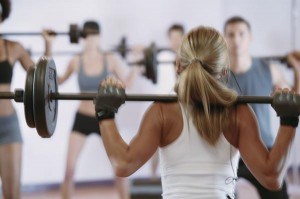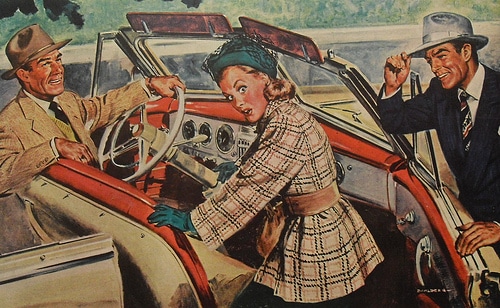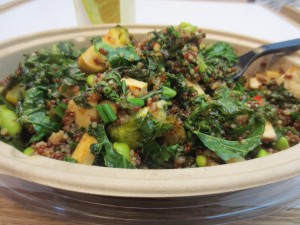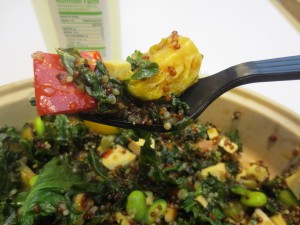Know any coffee addicts? I never had a taste for coffee in high school, but long nights and early mornings in college seemed to push me towards it. I’m not hooked on the stuff (my roommate last year used to drink around four cups a day — yikes!), but I do enjoy a cup every so often (as in “Oh my gosh, this project is due tomorrow and I still haven’t started it” kind of often). And while this habit of mine may not be the healthiest in terms of sleep scheduling, early birds and night owls alike will be happy to learn of some research that’s been happening over the past few years assessing the possible health benefits of drinking coffee.
The ingredients in coffee are beneficial on a few fronts:
Life Expectancy— Coffee is loaded with antioxidants and compounds that ward off a number of diseases. According to the The New York Times’ Well blog, regular coffee-drinkers are 15% less likely to die of “diabetes, heart disease, respiratory disease, stroke, [and] infections.” This is based on a fourteen-year government study that included over 400,000 adult men and women. I was a little surprised to read this, since all that I’d ever heard about coffee was that it stunts your growth and makes your heart race.
Mood Elevation— This one’s specifically for women, although there have been studies that have found similar results in men. Evidently, the caffeine in coffee has a lifting effect on our moods that doesn’t occur in other sources of caffeine. In fact, this study shows that the risk of depression is 20% lower in women who drink coffee daily than in those who don’t, and the more of it they drink, the lower the risk drops. I knew lattes put me in a good mood . . .
Workout Endurance— You may already have heard that caffeine can boost our workout. Basically, it promotes the production of fatty acids in the blood, which your body burns in place of carbs for fast energy. This is true for endurance sports like running and swimming, but another article on the Wellblog talks about the ways in which it can also be beneficial to sports with short bursts of activity, like soccer and weightlifting. In this study, athletes

Image from thnest.com
who were given caffeine before their workouts were able to exercise for longer without becoming exhausted, and they felt better and more energised afterwards. Coffee as a sports drink? I’ll take it.
Of course it’s never healthy to drink beverages that are full of sugar and cream, so keep this in mind when you make your morning cup. You don’t have to be a coffee addict like my old room mate to get excited about this research!
While you’re on your coffee-kick, here’s a free cup on us! Enjoy!

—————————————————————————————————————————-
Laura DeFrancisci, Manhattan College. Check out my Blog!
Follow the Campus Clipper on Twitter and Like us on Facebook!
Interested in more deals for students? Sign up for our bi-weekly newsletter to get the latest in student discounts and promotions and follow our Tumblr and Pinterest. For savings on-the-go, download our printable coupon e-book!
















